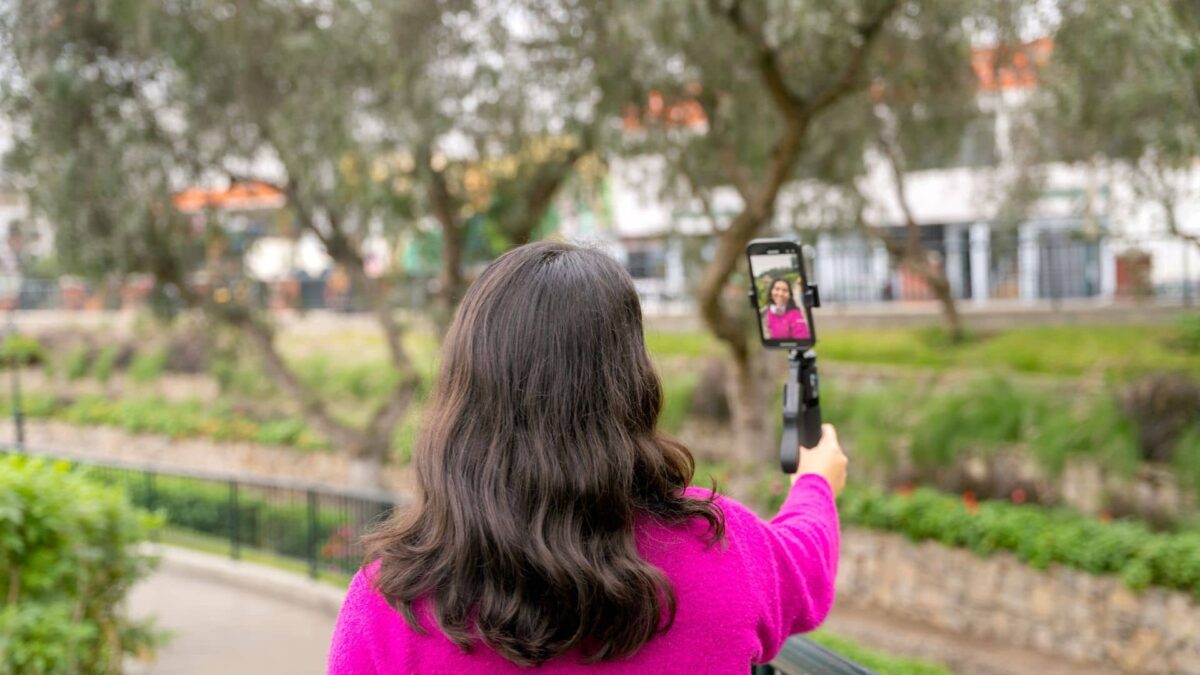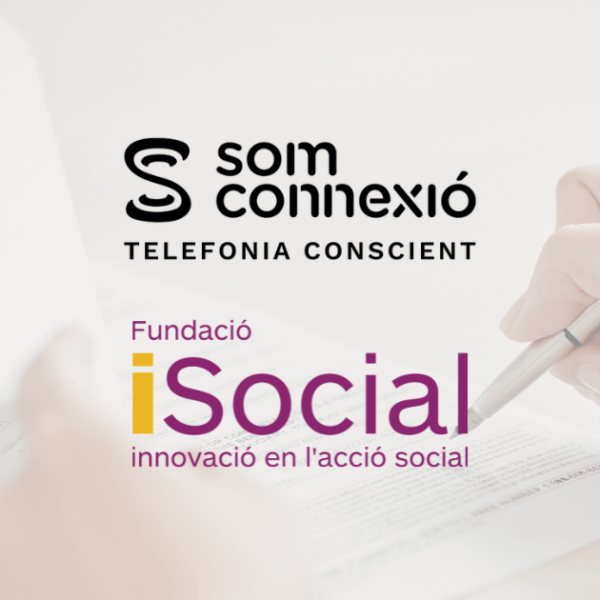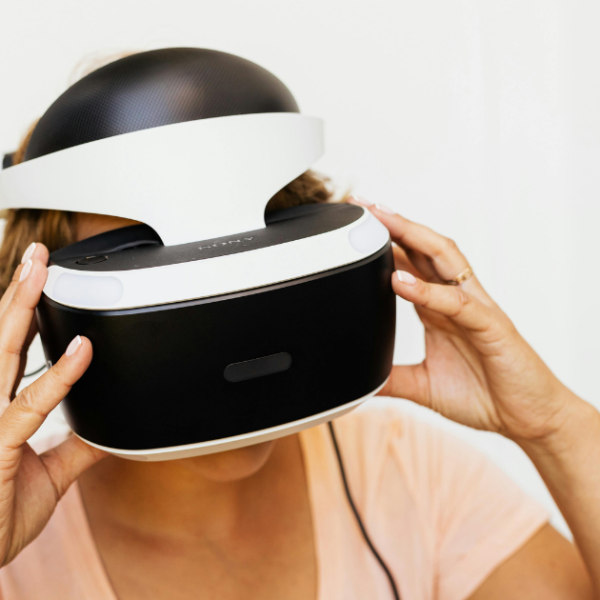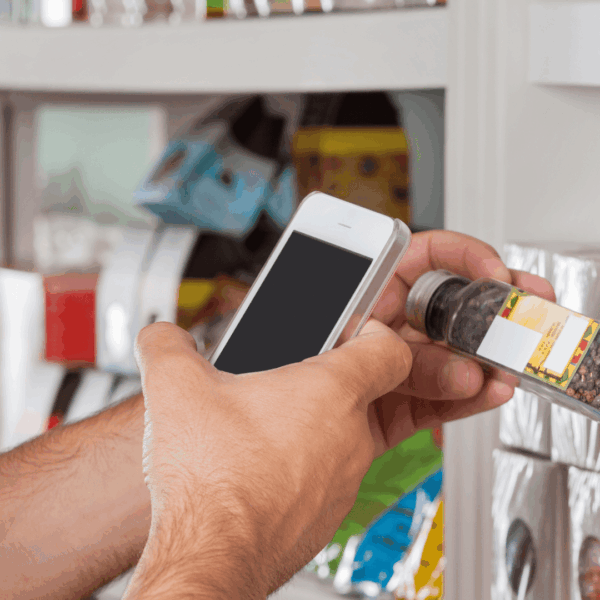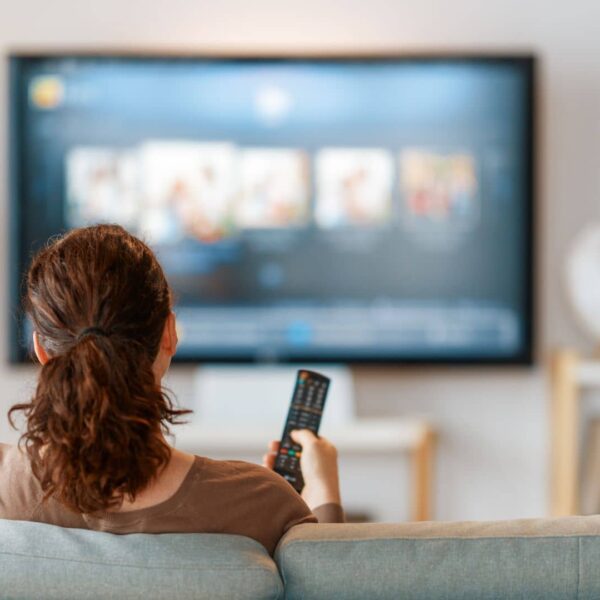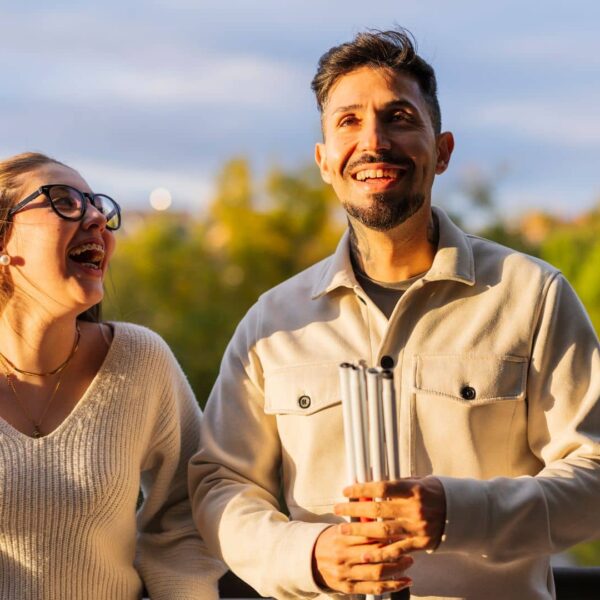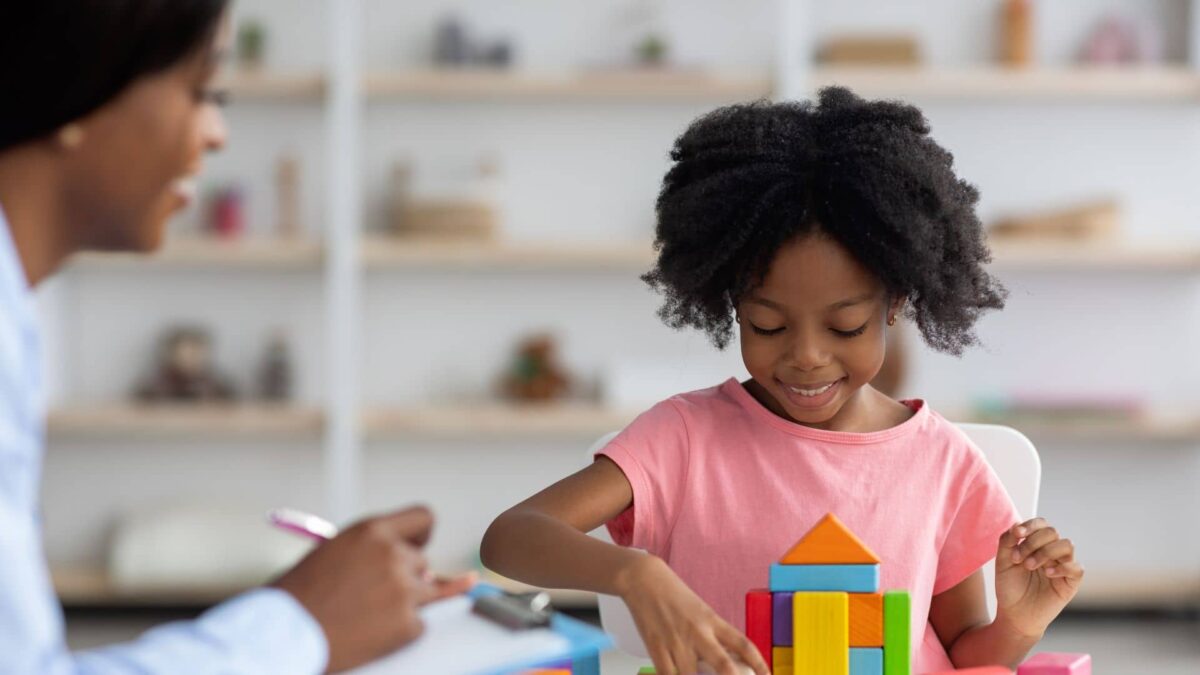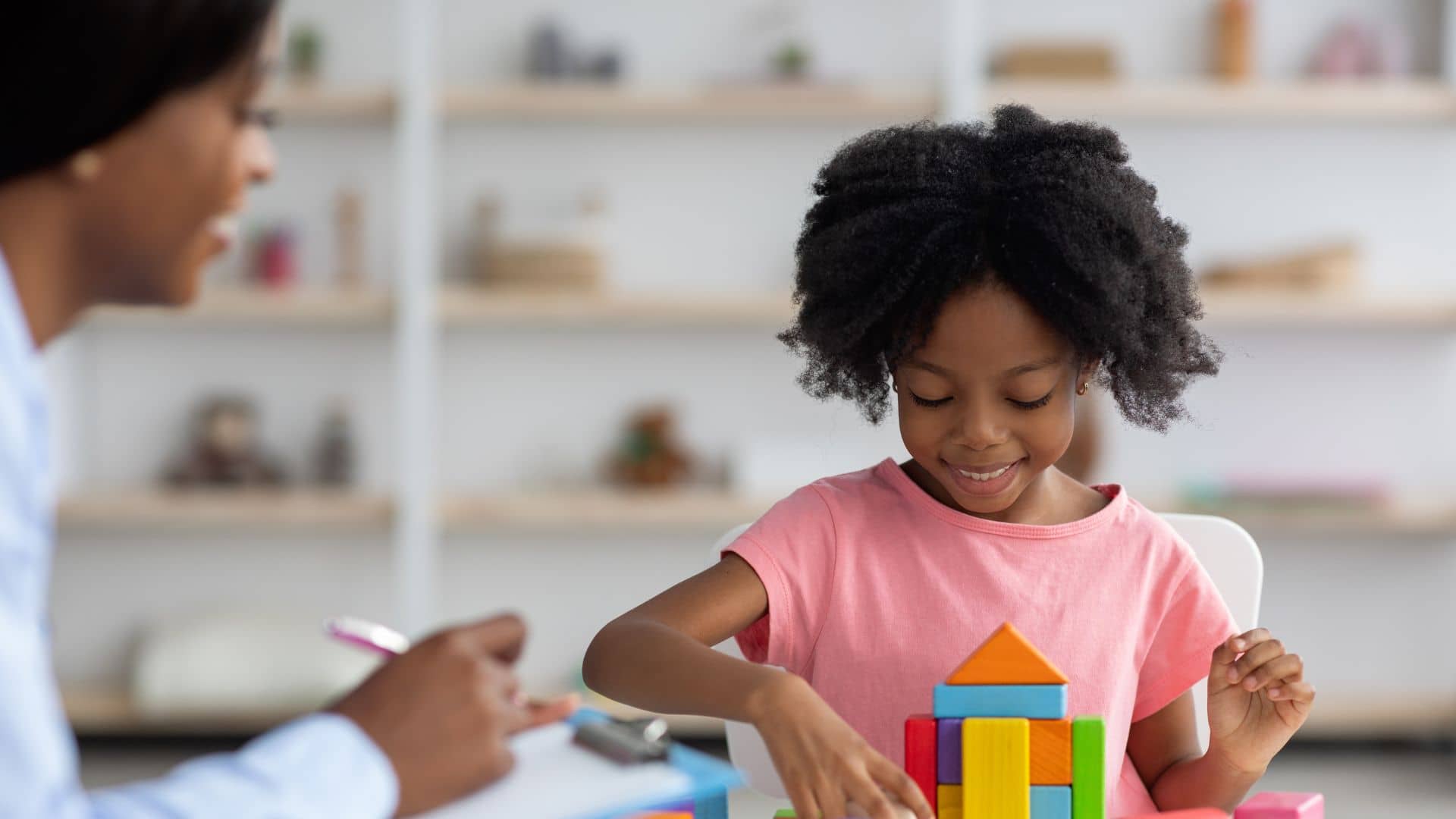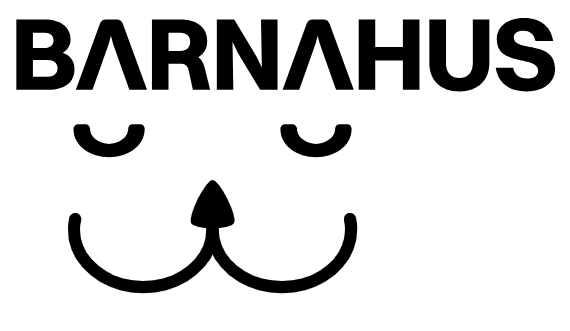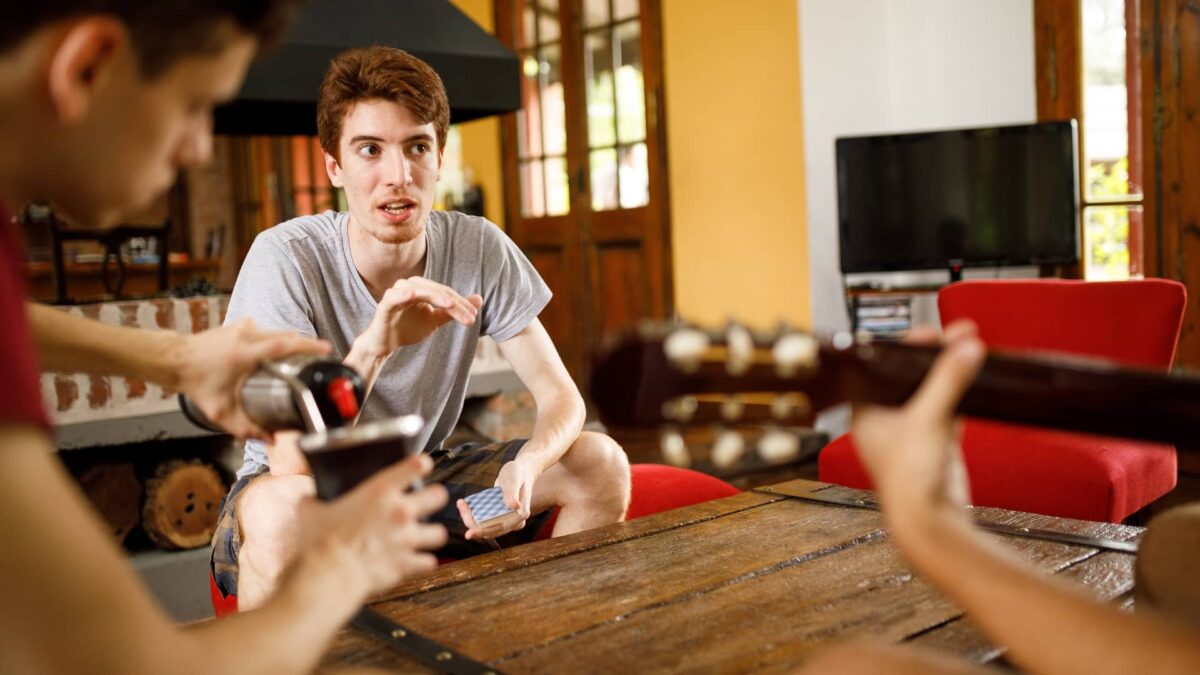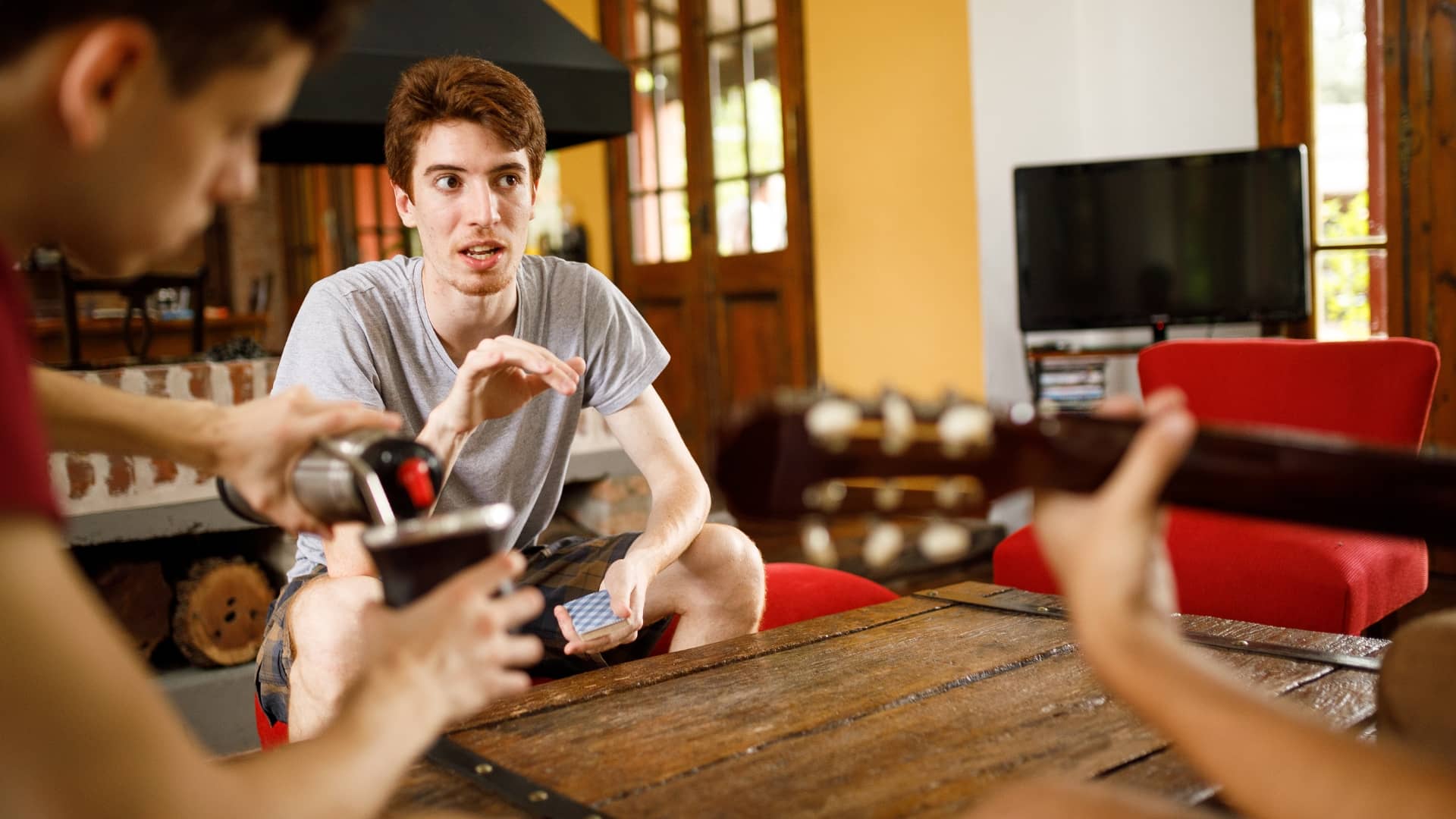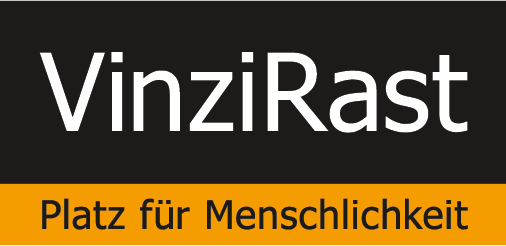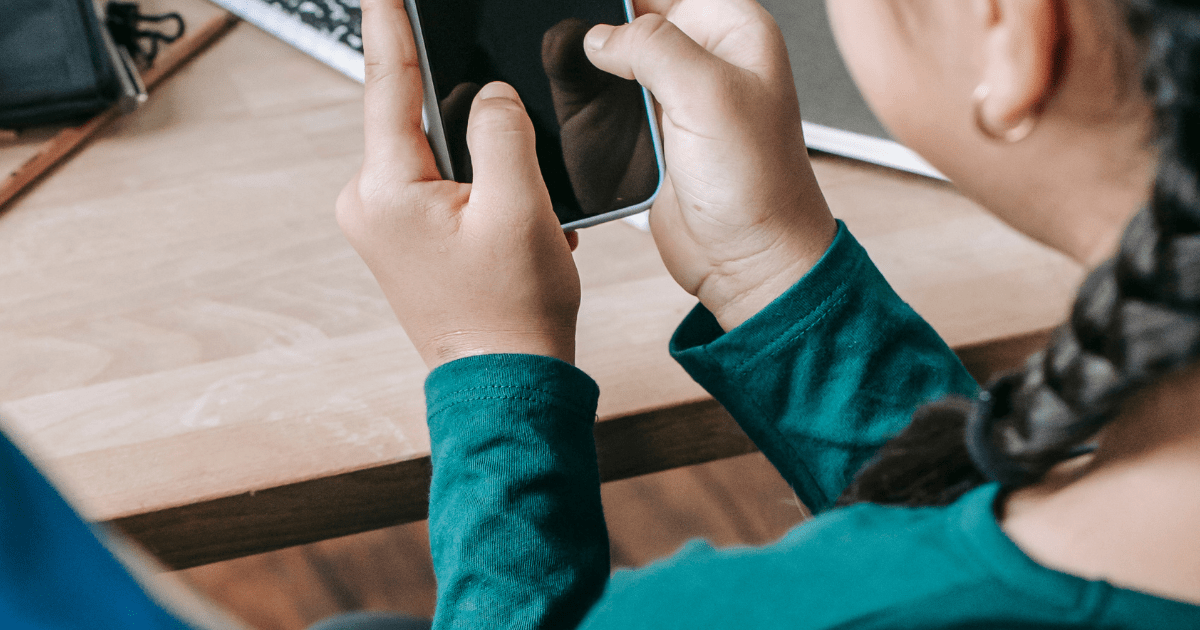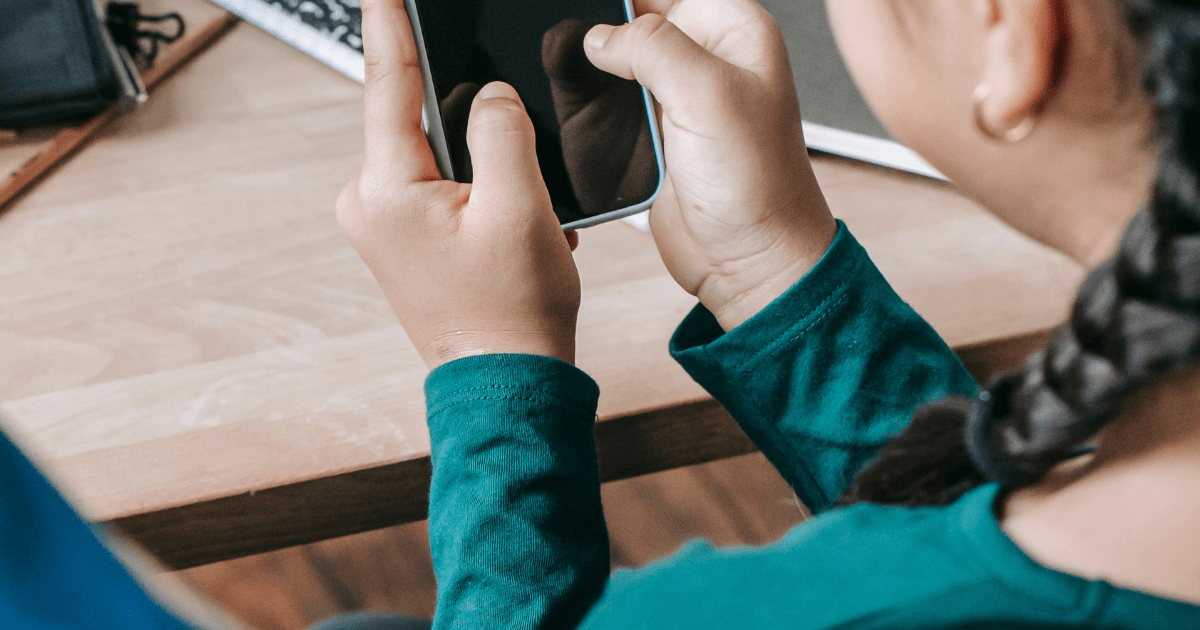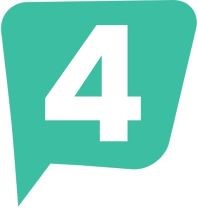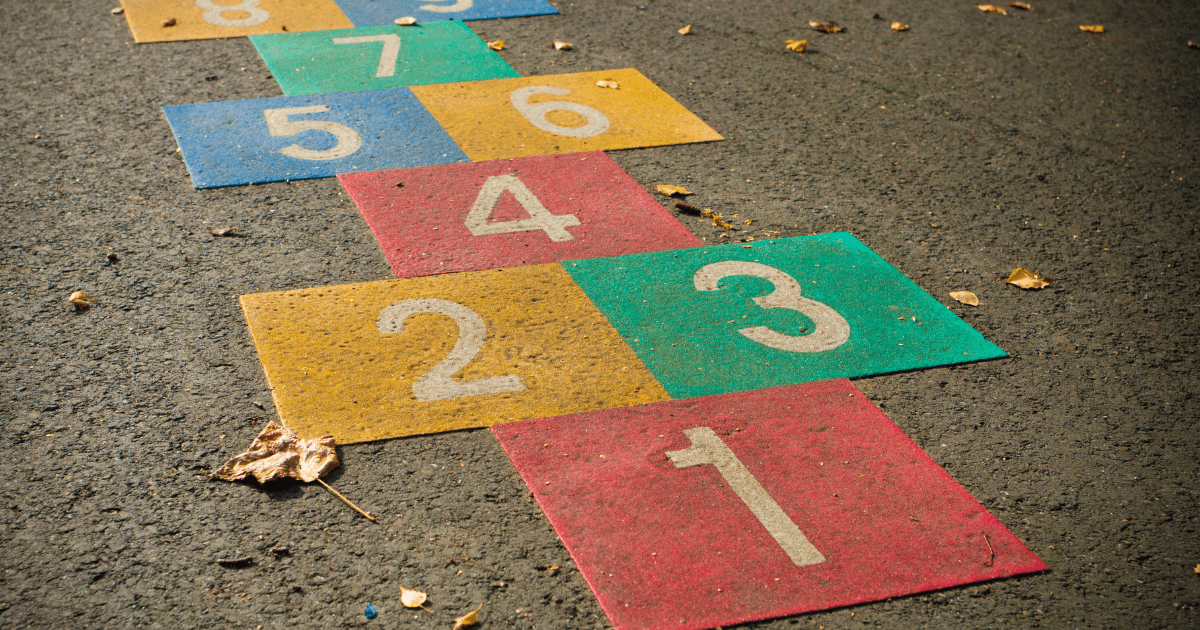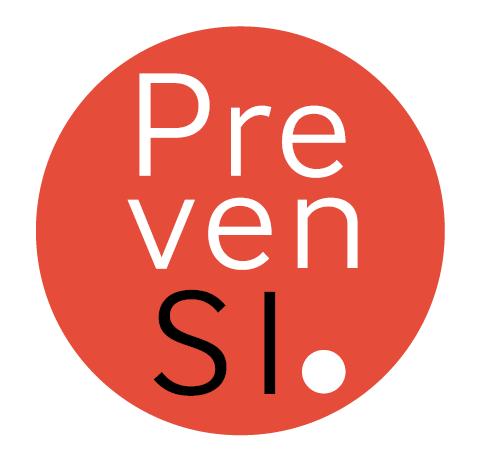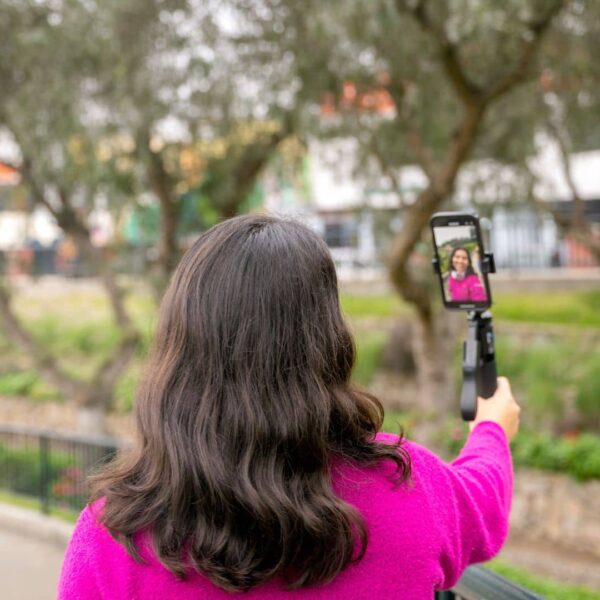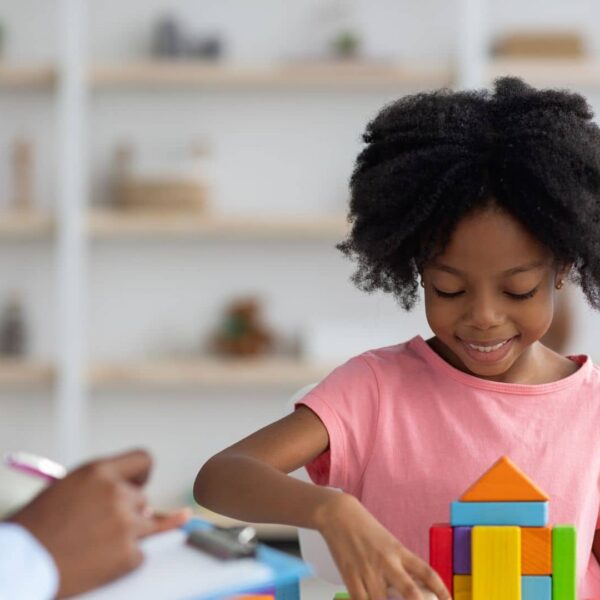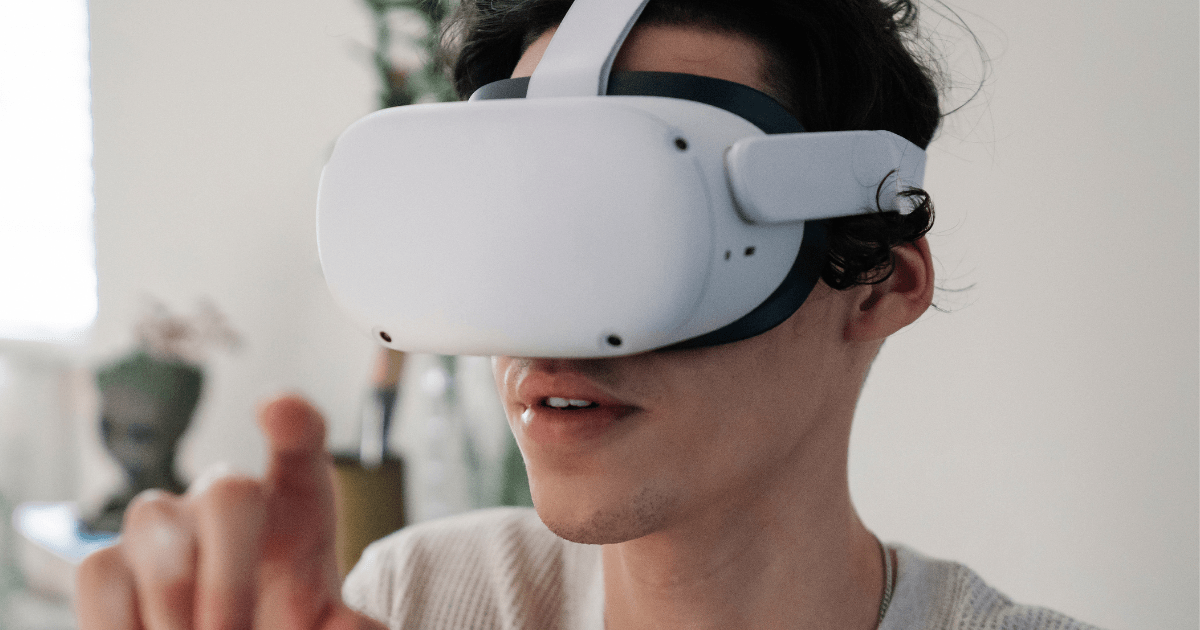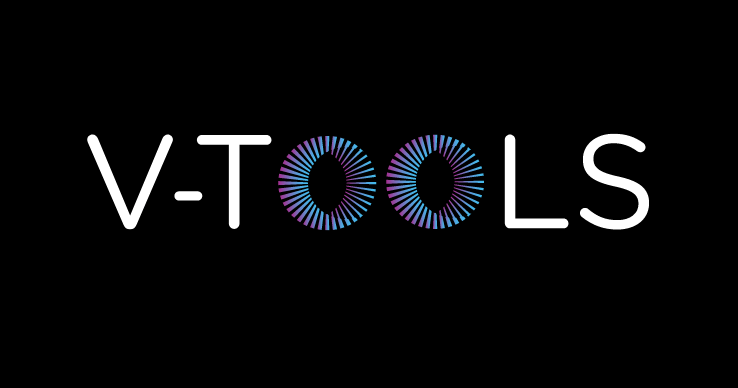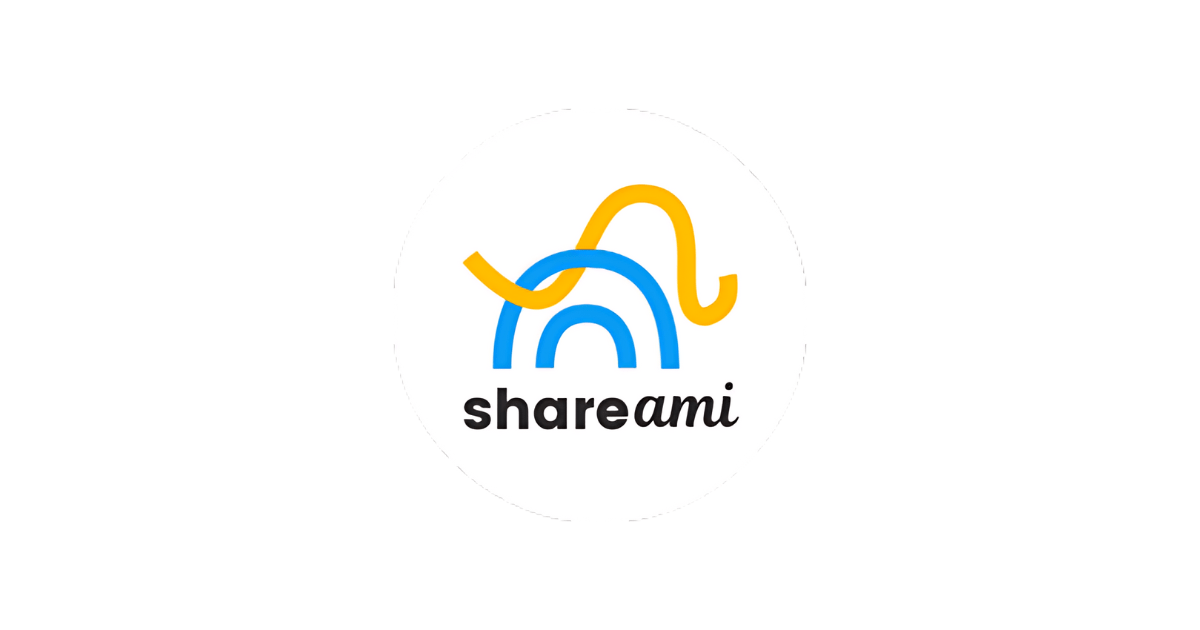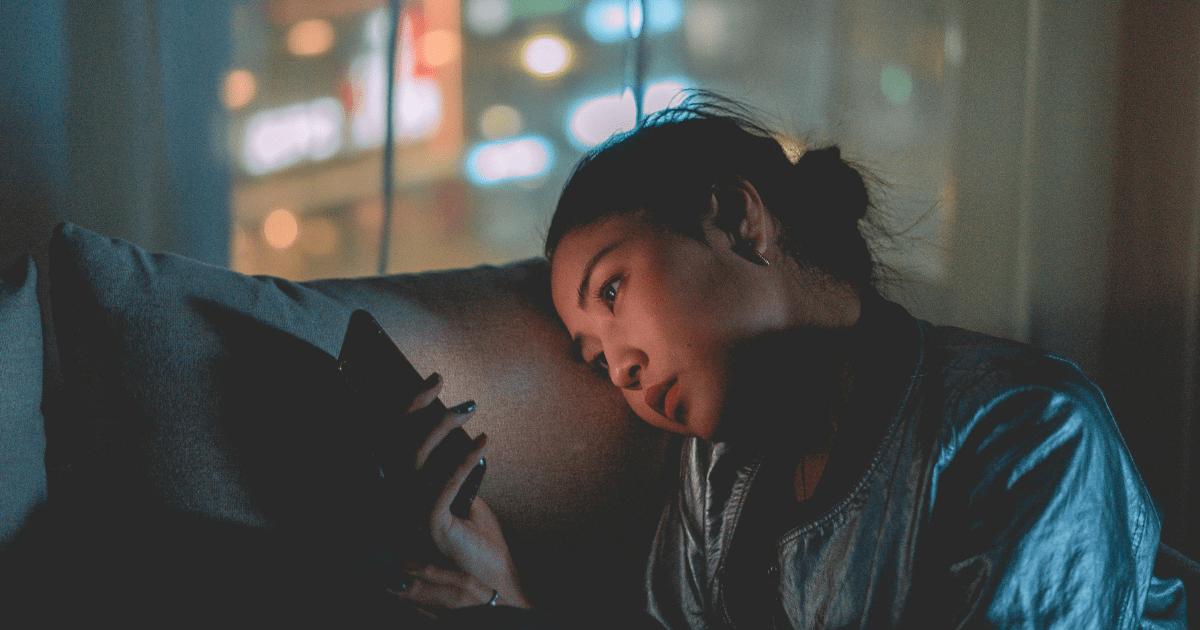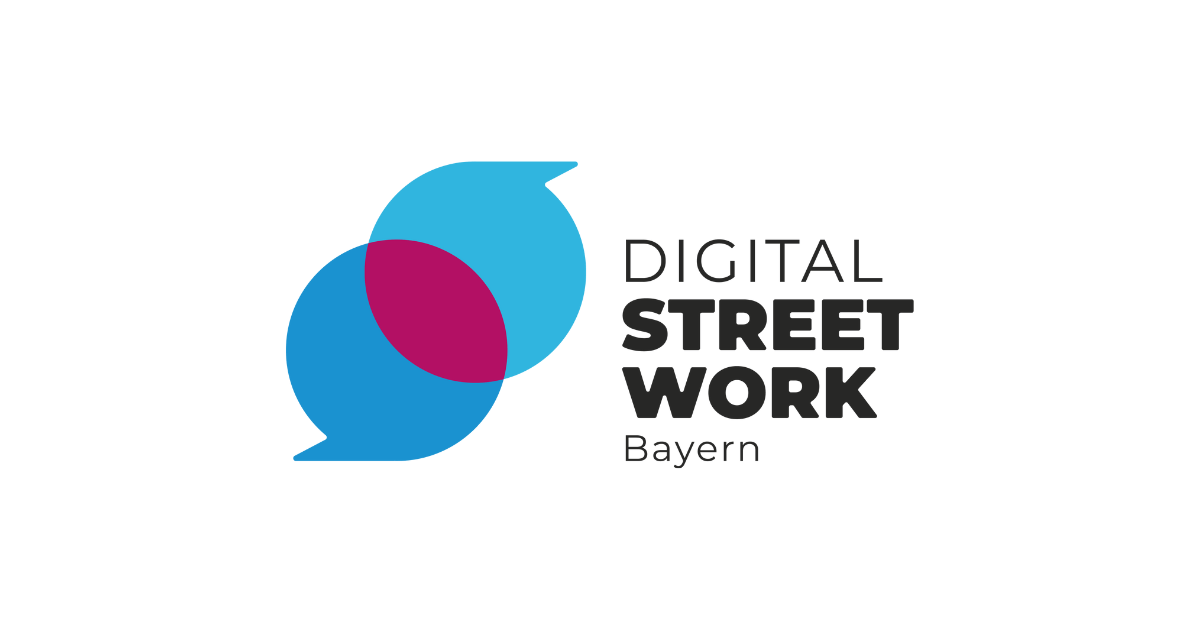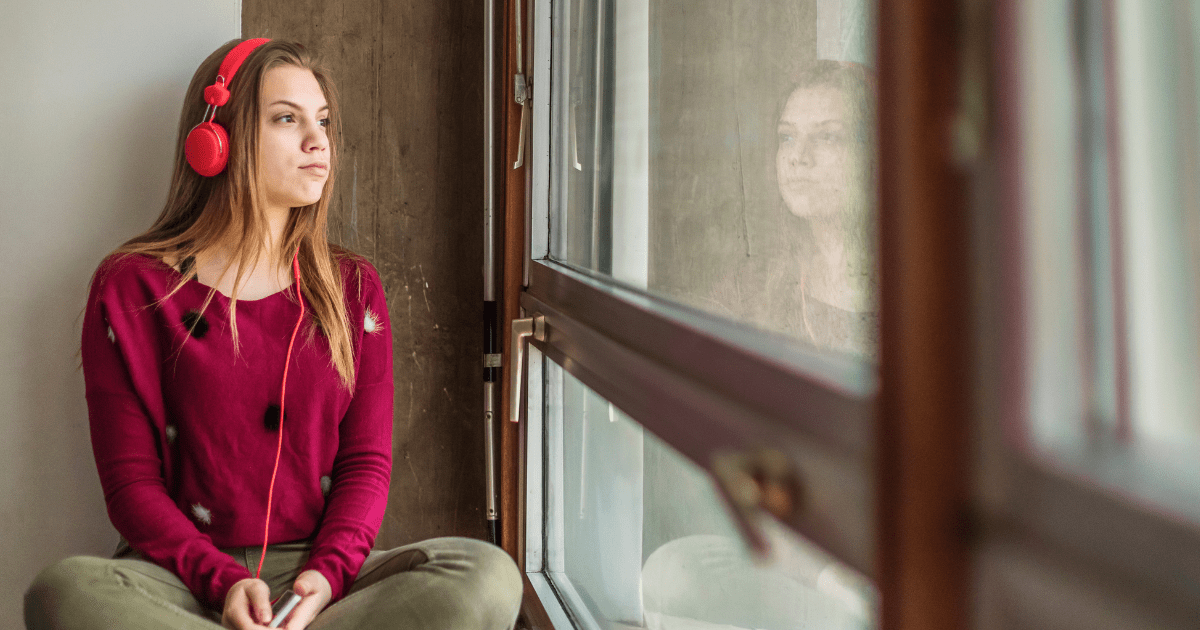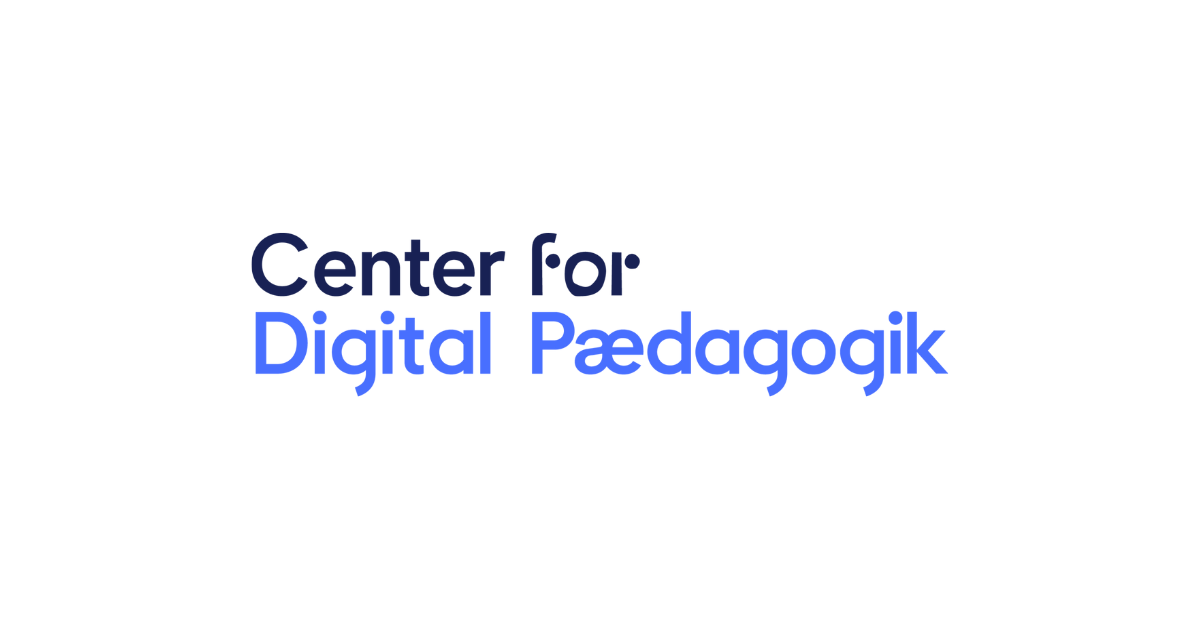Aquí la Sole, campaign against youth loneliness
Aquí la Sole, campaign against youth loneliness
Sant Joan de Déu (SJD)
A youth-oriented awareness campaign tackling unwanted loneliness in Spain
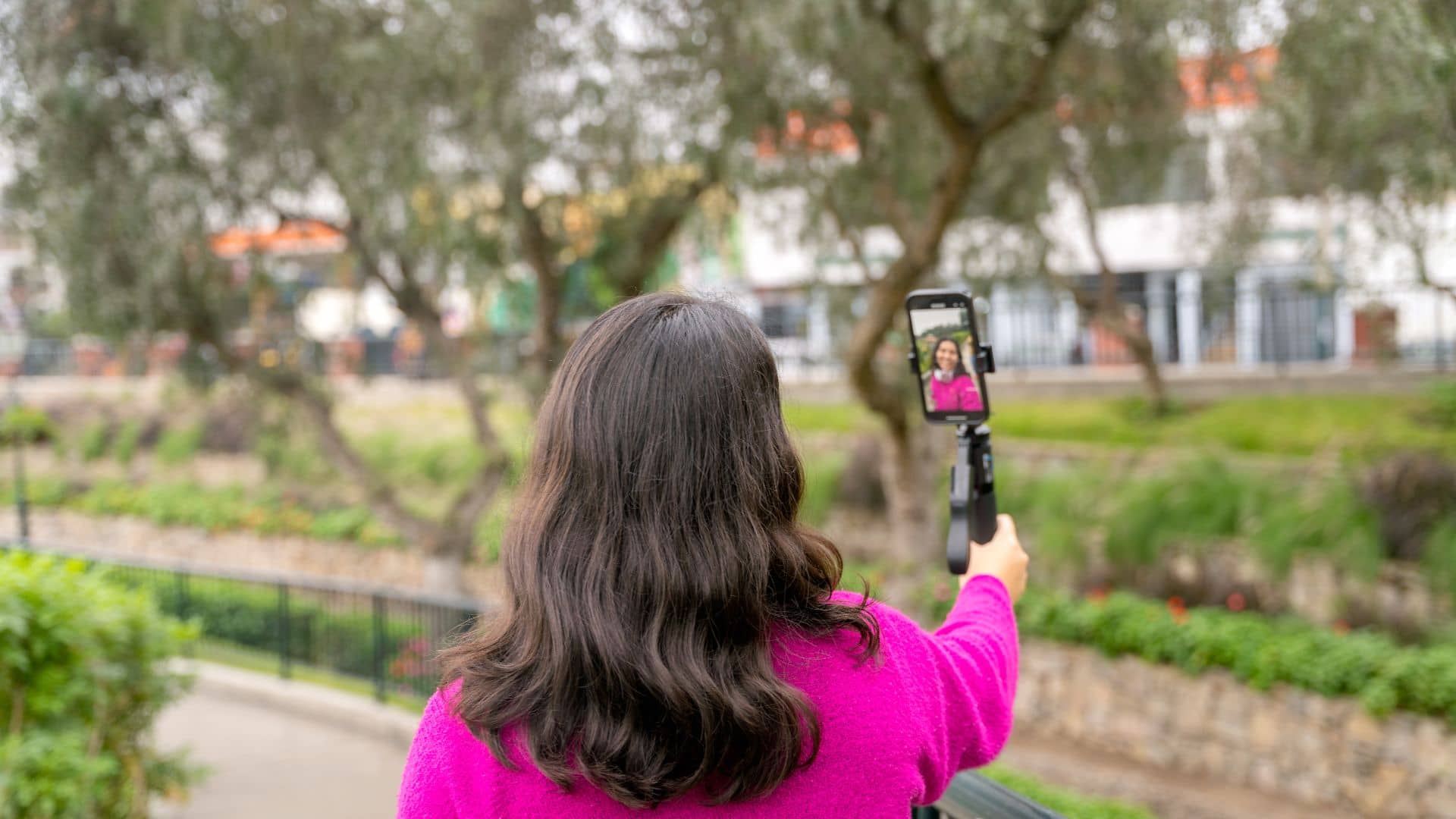
Aquí la Sole is a social-awareness campaign dedicated to addressing soledad no deseada (unwanted loneliness) among young people. The project uses the figure of “La Sole,” a fictional influencer with a social media presence, to embody the experience of loneliness. Through her Instagram account (@Aquí_LaSole) and multimedia content, the campaign aims to make visible a largely hidden phenomenon: many young people suffer feelings of isolation even when surrounded by others, yet fail to recognize or express this emotional state.
By normalising the conversation around solitude and emotional distress, Aquí la Sole seeks to reduce stigma, encourage self-reflection and offer information and resources to those affected. The campaign provides a directory of support services, including mental health platforms, emotional helplines, and youth-oriented community resources, enabling both young individuals and their social environments (friends, family, educators) to recognize loneliness and respond proactively.
Additionally, the campaign distributes educational materials targeted at secondary-school communities (ages 12–18) to raise awareness among adolescents, their peers, and significant adults about how loneliness can manifest, its potential impact, and how to act collectively to mitigate it.
The overall goal is to shift loneliness from being a taboo, often private and silent issue, particularly among youth, to a socially recognized problem, prompting collective responsibility and community-level responses. Through digital outreach, educational tools and visibility, Aquí la Sole attempts to build bridges between individual experience and accessible support, thus breaking the isolation that can escalate into mental-health problems or social disconnection.
Characteristics of innovation
Location
Spain
Partners / Founders
Ministerio de Derechos Sociales (Consumo y Agenda 2030), Grupo MediaPro
Genesis
Aquí la Sole was launched in 2025 by San Juan de Dios España as a response to rising levels of unwanted loneliness among young people (aged 16–29), identified as an urgent mental-health and social issue in Spain. The campaign was developed in collaboration with a communication agency (Miller O’Connor).
Level of implementation
The campaign addresses a demographic where about one in four young people (aged 16–29) reportedly experience unwanted loneliness. It combines digital outreach (via social media), educational material distribution and a network of support resources (helplines, mental-health platforms, community services).

Banc d’innovacions

